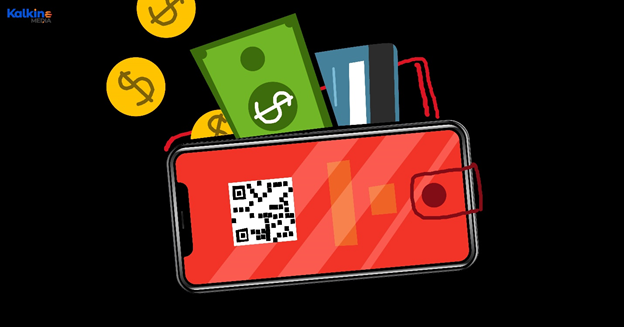Highlights
- Britons are progressively using money apps, internet banking and contactless cards.
- The use of fintech has grown by 86% now using online technology in their daily financial lives.
- The country expects further increase in the number of digital apps and services they use by 25% over the next six months.
A comprehensive survey shows that Britons are progressively using money apps, internet banking and contactless cards. The use of fintech has grown by 86% now using online technology in their daily financial lives, with the pandemic speeding up the change, according to survey by US Payment platform Plaid.
An average person in the UK now manages two third of their finances online and on an average use three fintech products and services. The country expects further increase in the number of digital apps and services they use by 25% over the next six months.
Over the past decade, the technology accessible to Britons to manage their money has evolved rapidly and now there are apps that automates saving and investing, replacing traditional ways. Since 2015, 4,299 bank branches have either closed or are scheduled to close.

Source: Copyright © 2021 Kalkine Media
Over the past 18 months, more than 1 in 10 savers started managing their savings online for the first time and 8% of savers abandon using branch-based accounts, according to Investec. No use of cash due to pandemic has further encouraged Britons to turn to contactless and other alternatives to make payment and manage money.
The US payment platform surveyed 4,000 Britons and found the level of fintech continue to accelerate, with more than three quarter of people now feeling confident to use technology to manage their finance.
Also read: 5 stocks to buy as UK banks report huge profits in Q3 2021
Time for banking hubs
As majority of people are adopting money apps, internet banking and contactless cards, many are feeling left behind. Closing of one bank branch will lead to the high street becoming bankless, leaving people who are do not know how to manage their money online in major trouble.
Financial institutes are adopting new and more efficient technology to offer improved services across financial services more cheaply, but those who fear to use internet for managing finance or who don’t understand are being frozen out.
Derek French, a former executive of NetWest bank, has called on the banks to announce the establishment of a nationwide network of banking hubs as a matter of urgency. He further added, their roll-out should begin in ‘months rather than years’ and within five years minimum 200 banking hubs in most risky locations should be established.
As banking branches continues to close, they alone can’t solve the problems to meet their future financial needs.
Also read: Autumn Budget 2021: Which lenders can benefit from £4-bn city tax cut?
What does the future hold?
While using online apps, digital payments apps and QR codes is hard for some people, many found it beneficial by saving time and money as well as it reduces stress.
With four in five Britons using online apps for banking and payments, payment services are the most popular form of fintech in UK.
The US payment platform is calling on the UK government to allow Britons to share more of their data with these fintech businesses to enhance further financial innovation.
What is open banking?
Introduced in January 2018 by UK regulators, open banking is designed to enhance competition by enabling greater financial data sharing. Under this, banks allow customers to share financial data such as credit cards, saving statements and online bank with authorised provider delivering other financial services, albeit only with permission.
For example, NetWest bank could view a Lloyds bank account, and will be able to see if a person qualifies for an Amex card based on income and outgoing. However, to grant access, companies must be regulated by the Financial Conduct Authority.
So, open banking can increase competition and innovation within the financial sector, which may result in more payment and finance management apps. There will be no need to share financial information if a person doesn’t want to and it hasn’t proven so popular with Brits.
There is no need to opt out of giving a third-party access to data, but rather an opt in when establishing another financial services app. For example, digital saving apps linked to a bank account through open banking may determine how much a person can afford to save based on spending habits, abut authorization is needed.
Also read: HSBC (HSBA) & Lloyds (LLOY): Are these banking stocks worth holding?



